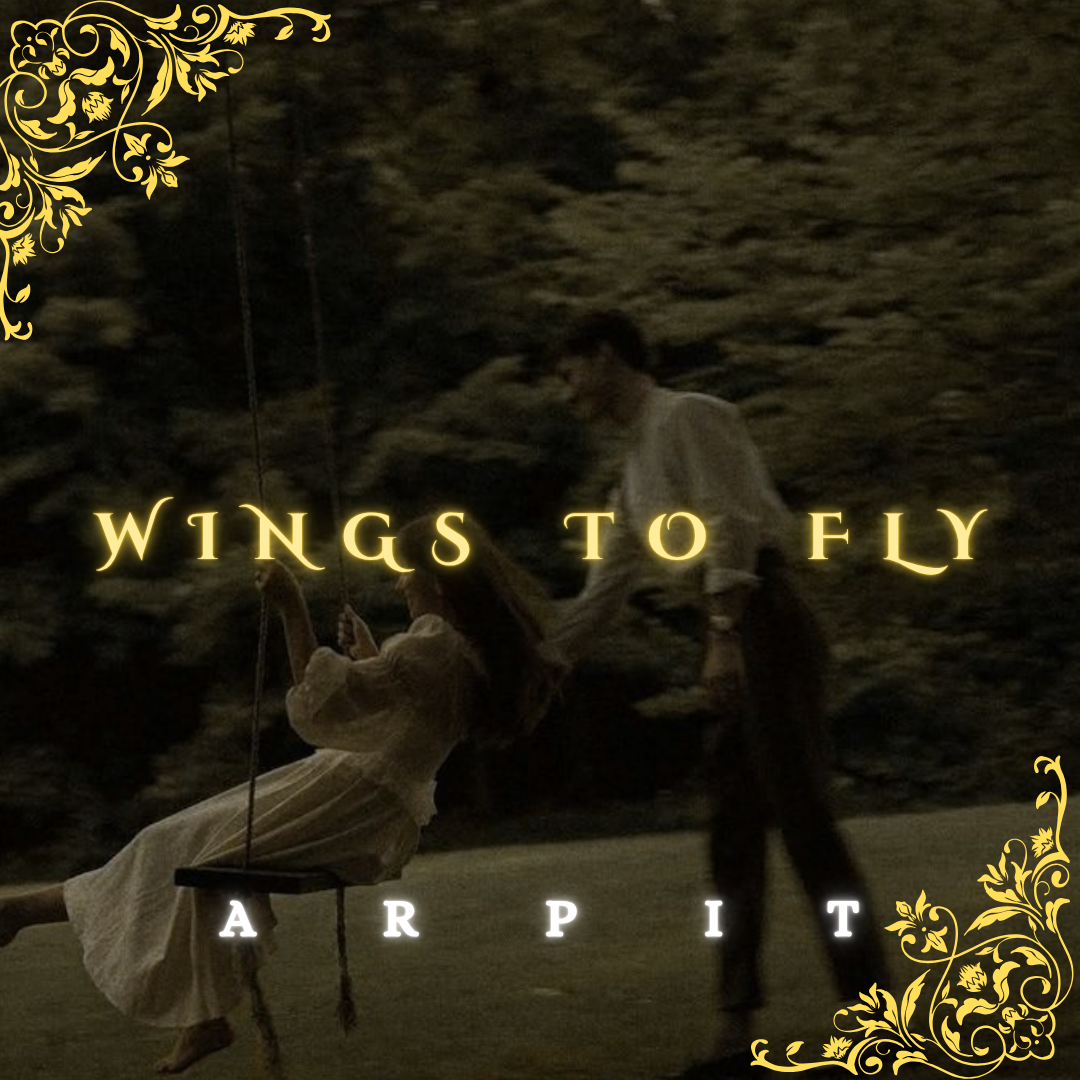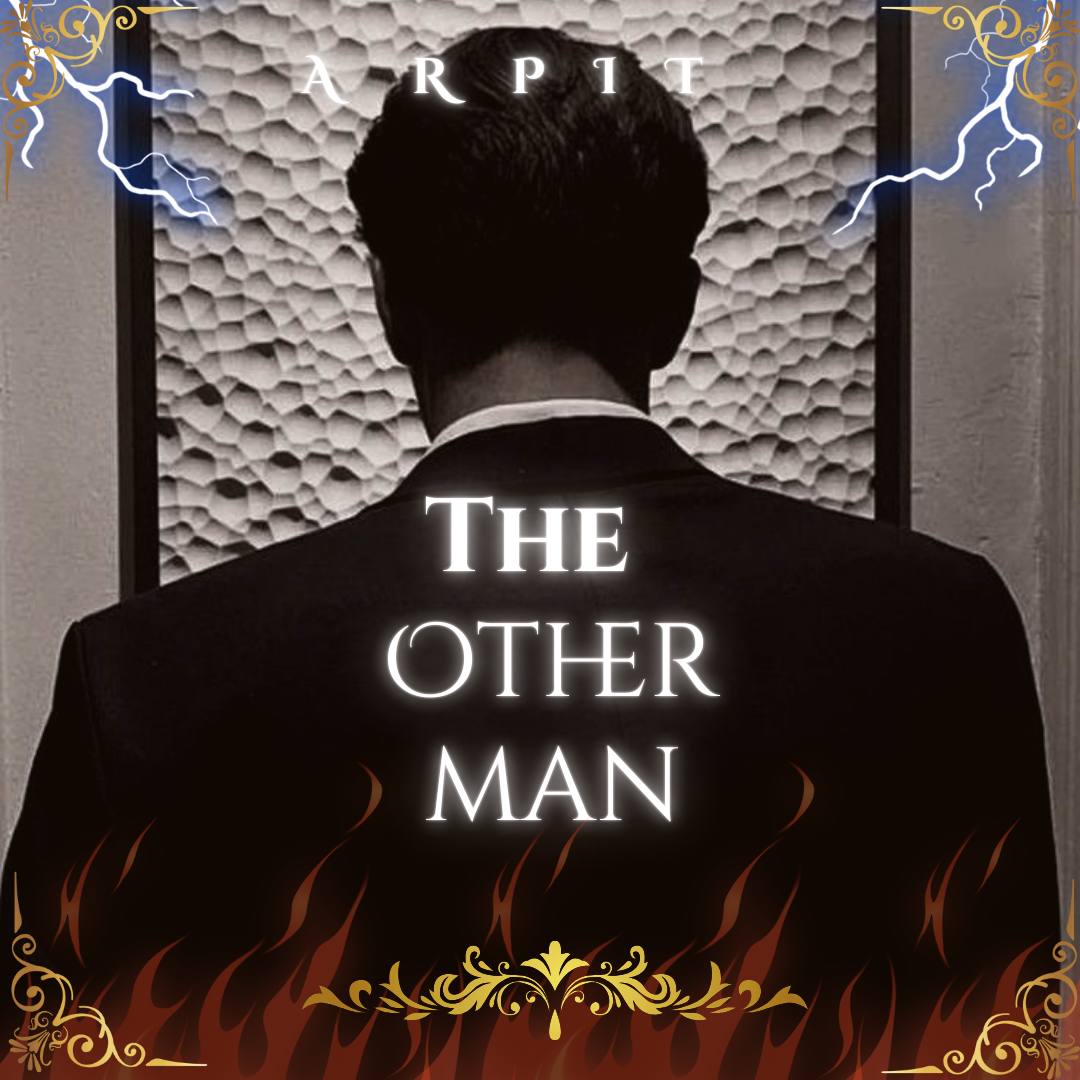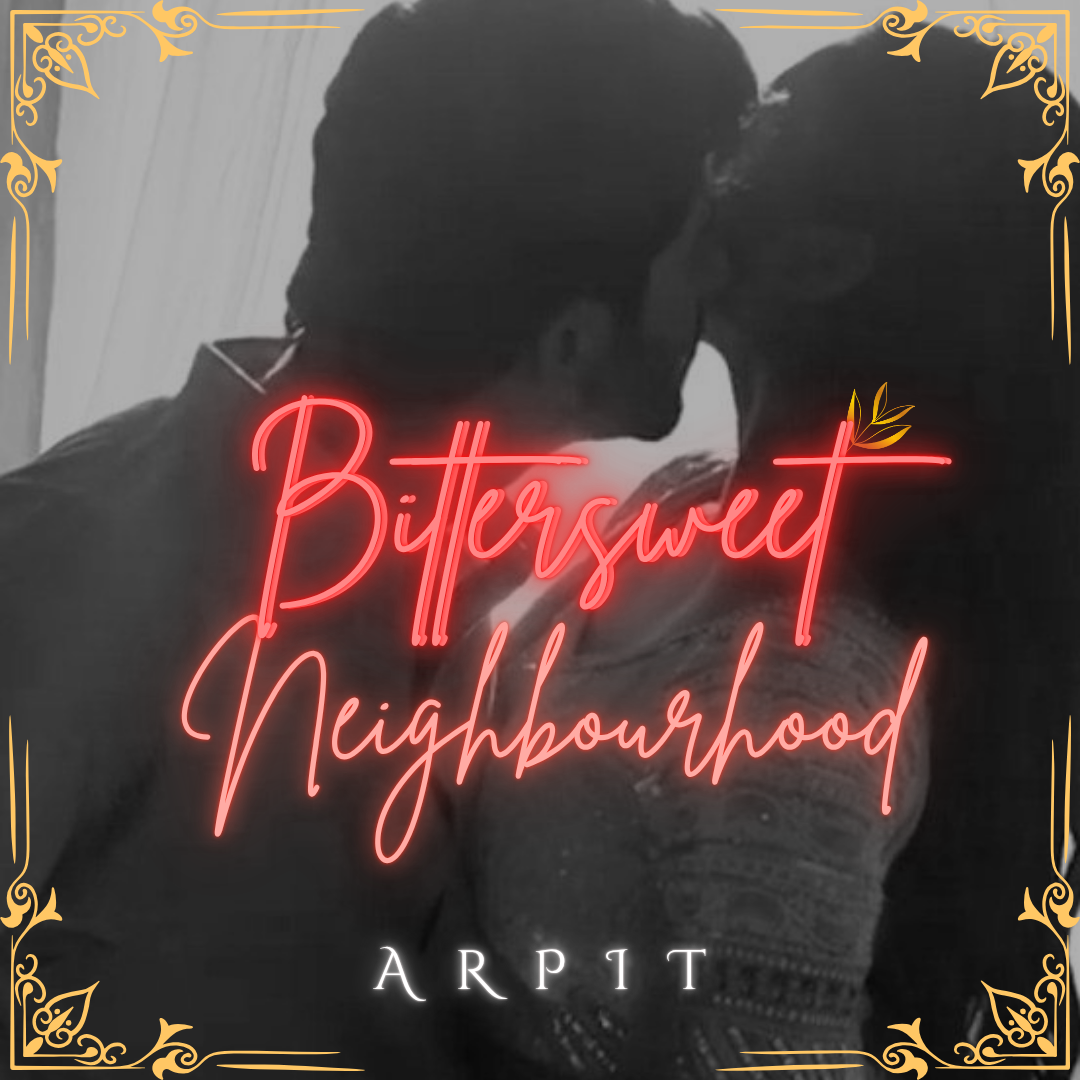
The city of Delhi felt different. The air was heavy with ambition, pressure, and formality. For Aradhana Jha, it was the first time she was away from home alone, surrounded by strangers who were all chasing the same goal—a seat in the Indian Administrative Services.
She had passed through thousands of pages, sacrifices, silent battles, and heartbreak to reach this final destination: the UPSC interview hall.
.
.
.
.
.
.
On the train to Delhi, her mother packed an entire tiffin of theplas and stuffed parathas. Her father gave her a ₹100 note, folded neatly.
"Yeh main nahi, teri kismet de rahi hai. Interview ke baad ek cutting chai is se peena."
(This isn't from me, it's from your fate. Have a cutting chai with it after your interview.)
But the most unexpected visitor at the station had been Nilkanth.
He had shown up at 6 a.m., sleepy-eyed and wearing his college hoodie.
"Main nahi aaya toh tu jaayegi bhi nahi, mujhe pata tha."
(I knew you wouldn't leave if I didn't show up.)
She didn't reply. Just smiled.
Before boarding, he handed her a note, sealed in an envelope.
"Interview ke baad kholna. Agar usmein likha sab sach lage... toh call karna."
(Open it after the interview. If what's written inside feels true... call me.)
.
.
.
.
.
.
Inside the grand UPSC building, Aradhana's heart beat like a drum. But her mind was calm—trained, sharp, and full of purpose.
The board members looked intimidating. A woman in a crisp saree asked first:
"You're from a tailoring family. Why bureaucracy?"
She answered without hesitation.
"Because the system measures people by labels. I want to redefine those labels."
Then a man in glasses leaned forward.
"And what if you're asked to evict families from illegal land, just like yours was once targeted?"
Aradhana paused.
Then replied:
"I'll ensure the law is followed. But with humanity. You don't need to destroy someone's roof to build a road."
There was silence.
Then slow nods.
She left the room knowing she had said everything she believed in—nothing rehearsed, everything real.
.
.
.
.
.
.
That evening, back at the guesthouse, she opened Nilkanth's envelope.
Inside was a handwritten note—no frills, no poetry.
Just truth:
"Tu IAS ban jaayegi, ismein mujhe koi shaq nahi.
Lekin main chaahta hoon tu sirf uniform pehanke kisi ki beti, behen ya biwi na ban jaaye.
Main chahta hoon tu Aradhana Jha hi rahe—ziddi, imaandaar aur kabhi kisi se na darne wali.
Aur agar mere saath rehkar tu wahi reh sake... toh main poori zindagi tere saath rehna chahta hoon."
(You'll become an IAS, I have no doubt. But I don't want you to lose your fire behind a uniform.
I want you to stay who you are—Aradhana Jha, stubborn, honest, fearless.
And if being with me still allows you to be that woman,
then I want to be by your side, always.)
She read it twice.
Then reached for her phone.
He picked up before the first ring.
"Bol Aru. Uniform fit hui kya?"
(Tell me, Aru. Did the uniform fit?)
She smiled. "Nahi. Par mujhe pata chal gaya ki tu mere saath fit hota hai."
(No. But I've realized... you fit perfectly with me.)
.
.
.
.
.
.
Back in Patna, Ramesh Thakur had changed.
No, not dramatically.
But he had begun to listen.
Nilkanth had returned to work, but this time with a difference: he was making the construction firm eco-friendly, hiring female architects, interns from backward districts, and labour welfare officers.
Ganesh teased, "Tu toh Gandhi ban gaya re bhai."
(You've turned into Gandhi, bro.)
Nilkanth laughed. "Nahi. Aradhana ban gaya hoon."
(No. I've turned into Aradhana.)
.
.
.
.
.
.
Weeks later, a courier arrived at the Jha household.
A single envelope.
Aradhana opened it slowly, surrounded by her parents and neighbors.
Rank 42 – Aradhana Jha – Bihar Cadre
Tears welled up in Sushila's eyes. Tarun fell silent for minutes. Then stood, raised both hands, and whispered:
"Hamari beti IAS officer ban gayi."
(Our daughter has become an IAS officer.)
Outside, the tailoring shop was lit with diyas.
The grocery shop gave away free laddoos.
And in a corner, Aradhana called just one person.
"Mujhe ab appointment letter se zyada kisi cheez ki zarurat hai."
"Kya?" Nilkanth asked.
"Tere saath ki."
(Your companionship.)
.
.
.
.
.
.
A few days later, in front of a small crowd, Nilkanth arrived at the Jha household with a handmade wooden box.
Inside it were two things:
– A ring carved with the word 'Ziddi'
– And a folded newspaper clipping of her interview result.
He went down on one knee.
"Tum IAS ho, main contractor. Lekin dil se main tumse har din haarna chahta hoon.
(You're an IAS officer, I'm a contractor. But in my heart, I want to lose to you every day.)
"Will you marry me?"
Aradhana smiled, tears threatening her kohl-lined eyes.
"Main tumse kabhi jeetna nahi chahti thi, Nilkanth. Bas saath chalna chahti thi."
(I never wanted to win against you, Nilkanth. I only wanted to walk beside you.)
She said yes.









Write a comment ...